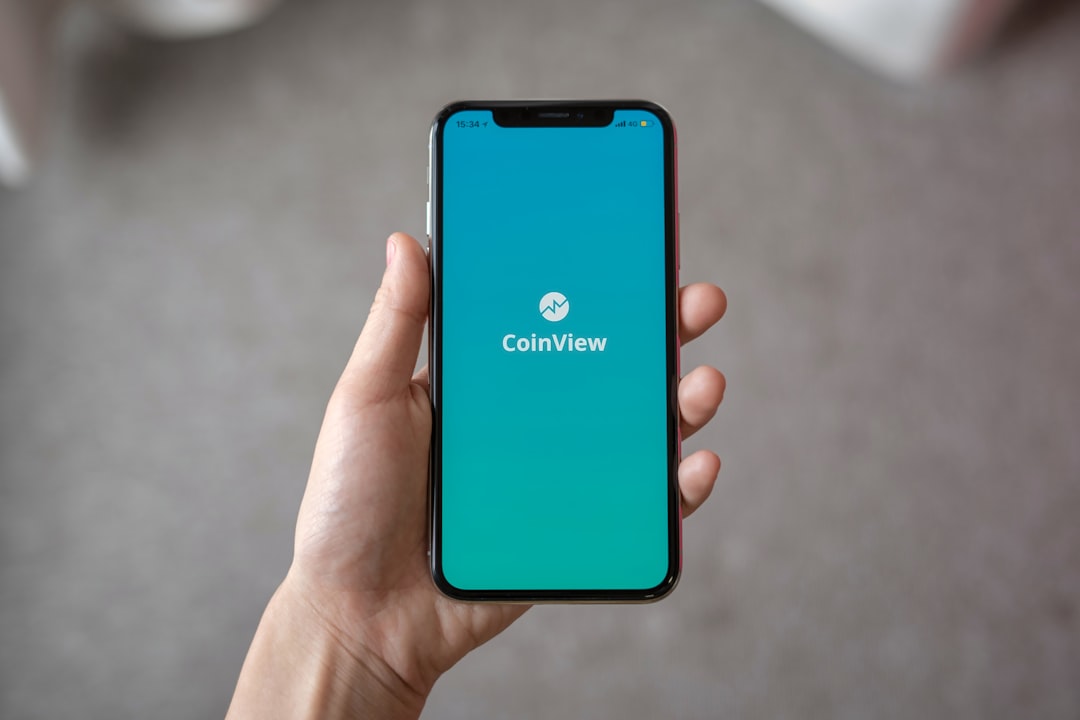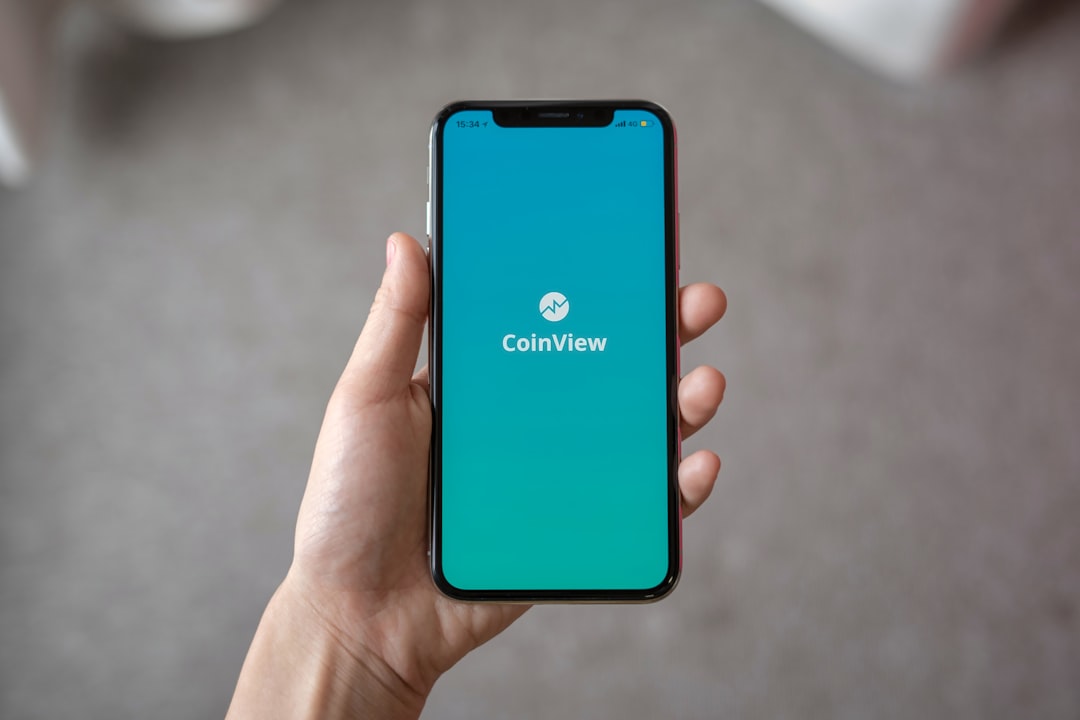Robocalls are a pervasive issue in Nevada, but residents have legal protections and options, including suing for robocalls in Nevada if federal laws like TCPA are violated. Social media platforms empower Nevadans to combat robocalls collectively by reporting, sharing blocking strategies, and raising awareness. Engaging with community groups and legal professionals is crucial to understand rights and determine feasibility of actions like suing for robocalls in Nevada. Effective documentation, reporting, and community engagement strengthen defenses against illegal robocall practices under Nevada's consumer protection laws.
In Nevada, like many states, robocalls have become a pervasive nuisance. These automated calls can originate from telemarketers, scammers, or even political campaigns, often with malicious intent. This article explores how social media can be an effective tool in combating this issue. We’ll delve into the impact of robocalls, strategies to document and report them, and legal rights available to Nevadans, including the potential to sue for robocalls. By fostering community engagement and awareness, we can build a collective defense against these unwanted intrusions.
Understanding Robocalls and Their Impact in Nevada

Robocalls, automated phone calls or texts sent en masse, have become a pervasive and often frustrating issue in Nevada, as across the nation. While many robocalls are legitimate marketing efforts, others are fraudulent schemes designed to deceive and harm consumers. These unwanted calls can range from simple advertising to more insidious attempts at identity theft or scams. The impact is significant; Nevada residents may experience stress, anxiety, and even financial loss due to these relentless calls.
In Nevada, as in many states, there are laws in place to protect citizens from excessive robocalls. However, understanding your rights and options when it comes to legal action, such as the possibility of suing for robocalls, is crucial. If a caller violates these regulations, individuals may have grounds to take legal action, though it’s essential to consult with experts or legal professionals for guidance on Can I Sue For Robocalls Nevada.
The Role of Social Media in Fighting Back Against Robocallers

In today’s digital era, social media platforms have become powerful tools for community engagement and information sharing. When it comes to fighting back against robocalls in Nevada, these platforms play a crucial role. By leveraging the power of social media, Nevadans can join forces to identify and report suspicious calls, share effective blocking strategies, and raise awareness about the latest scams. This collective effort not only helps protect individuals from unwanted robocalls but also contributes to a safer digital environment across the state.
Moreover, social media serves as a direct channel to connect with local authorities and consumer protection agencies. Residents can report excessive or malicious robocall activities, providing valuable data that assists in investigating and prosecuting robocaller operations. Additionally, social media campaigns aimed at educating the public about the legal rights regarding robocalls—including the potential to file a lawsuit for robocalls in Nevada—can empower individuals to take proactive measures against these intrusive calls.
Legal Rights and Options When Dealing with Unwanted Calls

In Nevada, as in many states across the nation, there are strict laws to protect residents from unwanted and fraudulent calls, often referred to as robocalls. If you’ve been experiencing a constant influx of automated or unknown calls, know that you have legal rights and several options available to take action.
If a call is deemed illegal, such as when it violates the Telephone Consumer Protection Act (TCPA), you may be entitled to seek compensation. This includes suing the caller for damages, which could result in monetary reimbursement for your troubles. While the process of taking legal action can seem daunting, consumer advocacy groups and regulatory bodies offer resources to guide Nevada residents through their rights and available remedies when dealing with robocalls, including the potential to Can I Sue For Robocalls Nevada.
Effective Strategies to Document and Report Robocalls

Robocalls are a persistent problem, but Nevadans have tools at their disposal to combat them. One of the first lines of defense is effective documentation and reporting. When you receive a suspected robocall, make note of the caller’s phone number and any unique details like the time of day or the specific message left. This information is crucial for identifying patterns and can be used as evidence if you decide to take legal action in Nevada against the culprits.
Many social media platforms offer features to help document and report robocalls directly through their apps. Users can block numbers, flag suspicious activity, and even share details about the calls with community groups or authorities. Engaging with other users on these platforms is also beneficial as it allows for the sharing of information about recurring robocallers, potentially helping others avoid becoming victims. Remember, if you feel you’ve been targeted illegally, consulting legal advice to explore options like suing for robocalls in Nevada could be a viable course of action.
Community Engagement and Awareness: Building a Defense Together

In the fight against robocalls, community engagement and awareness are powerful weapons. Nevada residents can band together to identify trends and patterns in robocall activity specific to their area, enabling more effective countermeasures. Social media platforms serve as ideal hubs for this collaboration, facilitating open dialogue and information sharing. By joining forces, folks can create a robust defense mechanism that goes beyond individual efforts.
Educating the community about robocall tactics and the legal rights of Nevada residents is essential. Encouraging individuals to report suspicious calls and share their experiences online fosters a collective consciousness, making it harder for scammers to operate unnoticed. Additionally, community engagement can lead to collective action, such as reporting fraudulent numbers en masse, which may prompt regulatory bodies to take notice and intervene, including investigating the possibility of legal action against call centers engaging in these practices, as outlined by consumer protection laws, including those specific to Nevada.






